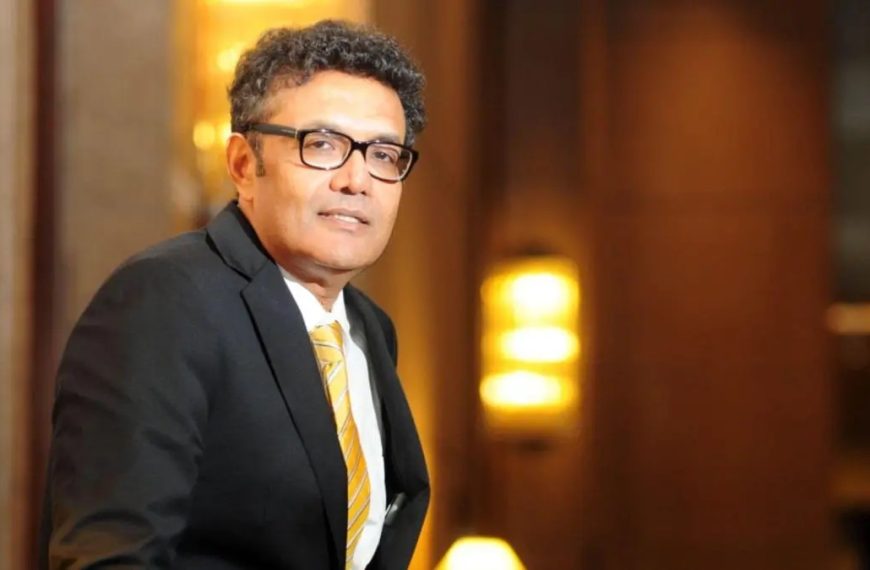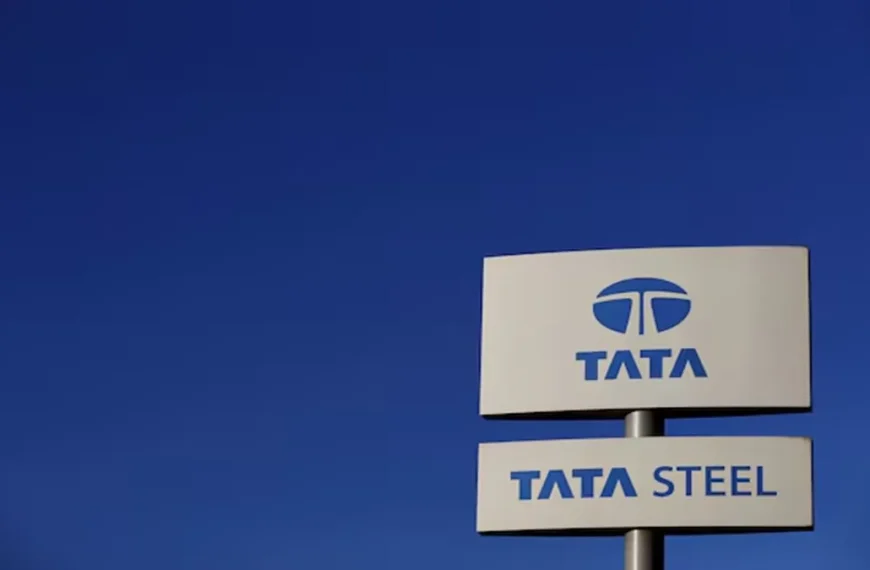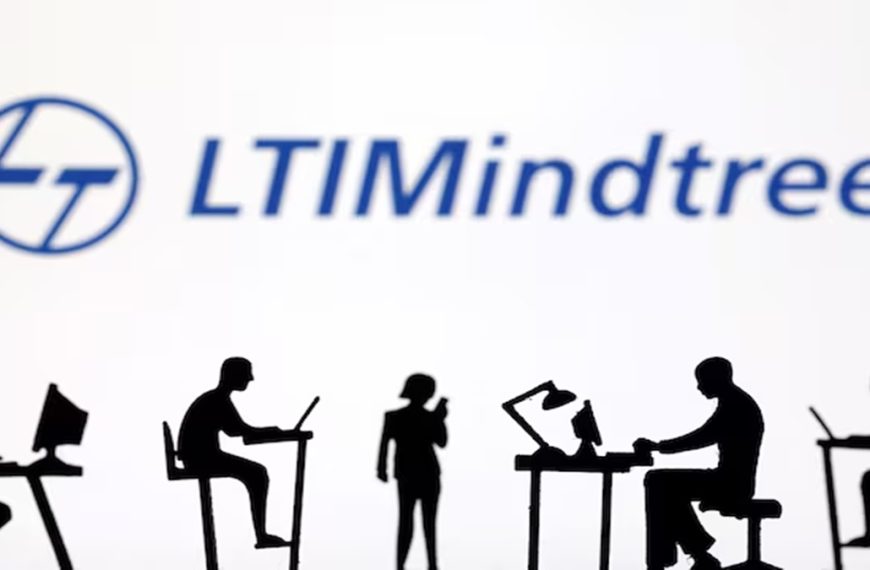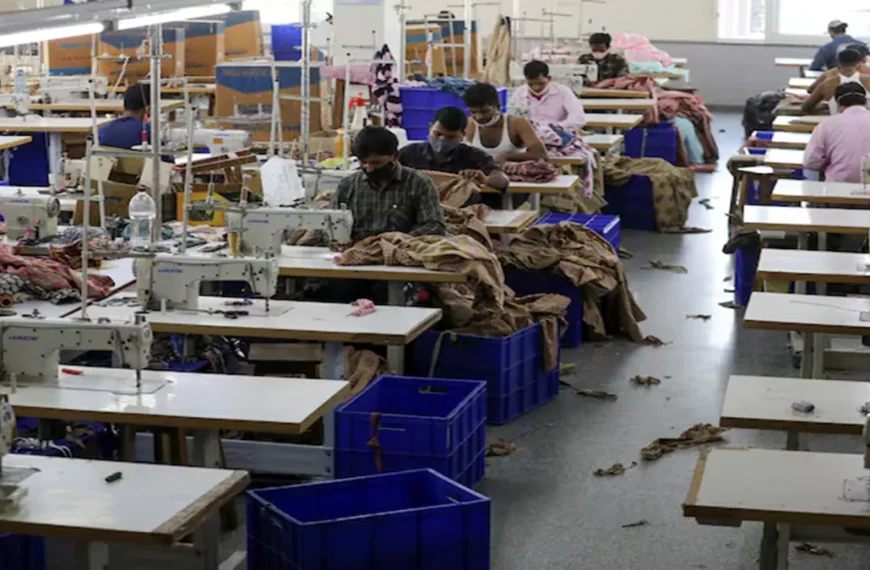The recent decision by the Indian government to dismiss Rameshwar Prasad Gupta, the chairman and managing director of the Solar Energy Corporation of India (SECI), has sparked speculation about underlying issues. This sudden termination occurred just a month before the end of his tenure, amidst ongoing controversies surrounding the agency. While official reasons for this drastic move remain undisclosed, it signals potential deeper concerns within the organization.
New Leadership for SECI
In a swift transition, Santosh Kumar Sarangi, the current secretary in the Ministry of New and Renewable Energy, has been appointed as the acting CMD of SECI. This interim assignment will remain until a permanent successor is appointed or further instructions are provided. Gupta’s removal seems to indicate that the situation at SECI is more complicated than it appears.
SECI’s Role in Renewable Energy Growth
The renewable energy sector in India has witnessed remarkable growth, with SECI playing a pivotal role in this transformation. Over the past decade, the share of renewable energy in the country’s installed power generation capacity has surged from approximately 30% to nearly 50%. This progress underscores SECI’s significant contributions to the renewable energy landscape.
Controversies Surrounding SECI
In 2024, SECI found itself embroiled in several controversies. Notably, it was mentioned in a U.S. indictment involving the Adani Group, which accused the conglomerate of bribing Andhra Pradesh’s electricity distribution companies to secure power purchase agreements for solar projects. Gupta, when addressing this matter, emphasized that SECI was not implicated and there was no basis for further investigation.
Furthermore, SECI faced scrutiny over allegations of "fake documents" submitted by Reliance Power during a tender process. In response, the agency initially banned Reliance and its subsidiaries from participating in future tenders for three years. However, this decision was later reversed following a court stay.
Regulatory Challenges
January brought another challenge when the Central Electricity Regulatory Commission (CERC) rejected the tariff set for SECI’s first grid-scale battery energy storage system (BESS). The rejection was attributed to delays in signing essential agreements and a decrease in BESS prices over the previous two years.
Diverse Renewable Projects
SECI has consistently issued tenders for a wide range of green energy projects, including solar, wind, and hybrid technologies. As part of India’s commitment to its Nationally Determined Contributions (NDCs), SECI is responsible for selecting developers for these renewable projects across various states.
- Recent notable participants in SECI tenders include:
- NTPC
- Reliance
- JSW Energy
- ReNew
- Avaada
In 2022, SECI announced plans to go public within the next couple of years.
Financial Performance and Goals
As a key agency for implementing renewable energy projects, SECI aims to tender 20 GW of renewable energy projects annually, contributing to India’s ambitious target of achieving 500 GW of renewable capacity by 2030. After selecting bidders, SECI secures a 25-year Power Purchase Agreement (PPA) and a corresponding Power Sale Agreement (PSA) with distribution companies.
Despite facing various challenges, SECI’s financial health has shown remarkable improvement. The agency generates revenue through PSAs, typically securing a fixed trading margin. For example, if the bidding tariff is Rs 2.5 per unit, SECI sells it at Rs 2.57 per unit.
- Financial Highlights:
- Revenue from operations surged to Rs 13,035 crore in FY24, marking a 181.8% increase from Rs 4,626 crore in FY20.
- Net profit grew by 119.8% over five years, reaching Rs 510.92 crore.
Despite these financial gains, renewable energy still accounts for only about a fifth of peak demand supplies, as the development of storage capacity remains in its infancy. Moving toward a renewable energy-dominant mix is essential for India to reach its ambitious climate objectives.
In summary, while Gupta’s termination raises questions about SECI’s internal dynamics, the agency’s pivotal role in advancing India’s renewable energy ambitions continues to be vital as it navigates through challenges and controversies.











